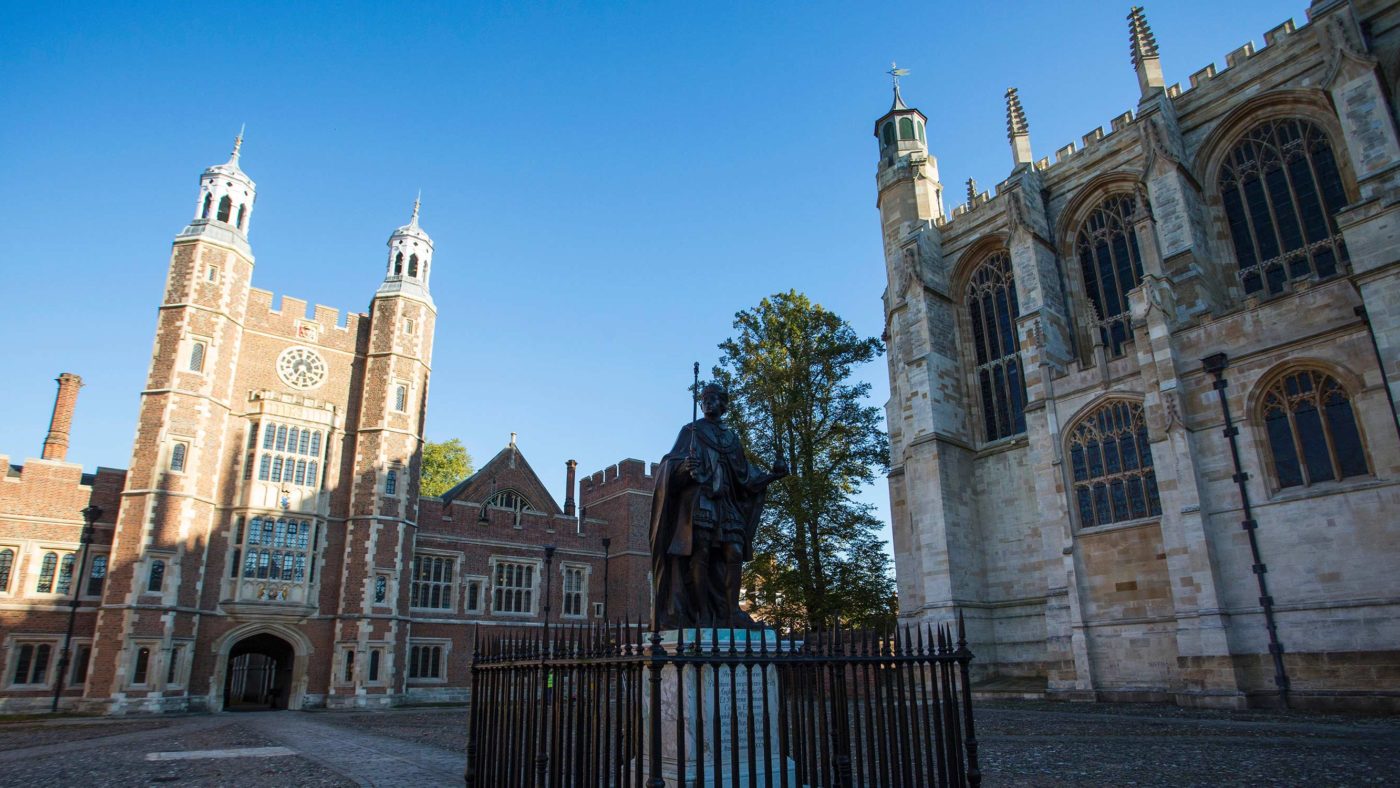This week Eton College announced that it is to fund three highly selective sixth form colleges in deprived areas in the north of England. The initiative, undertaken in partnership with Star Academies (which runs 30 schools in some of the poorest parts of the country) promises to provide a world-class education to thousands of children who would probably never otherwise have been given such a life-changing opportunity. Their futures will be enriched beyond measure and, inevitably, the wider and beneficial impact on society will be incalculable.
Eton has promised a “significant and ongoing financial contribution” to some of the most disadvantaged families in the country. In any sane political climate you would think that this would have been welcomed with universal approval. In the polarised and toxic environment that now characterises educational debate today, you would be wrong.
For those on the extreme left, such as Guardian columnist and former citizenship teacher Laura McInerney, the whole idea of selection is so detested that they wish Eton had not bothered. For such activists it is better for children to remain in some of the failing schools they find themselves in than to be given new hope and better life chances that privileged schools such as Eton can offer them. Indeed, McInerney goes further, comparing selection to slavery in one recent tweet, and would even seek to end the selection process that makes universities such as Oxford (which she attended) so successful.
Liberal self-loathing is so ubiquitous among the educated middle classes that it barely registers as a surprise when they seek to condemn institutions, or processes, that they have benefited from. And nowhere is this more visible, and more vocal, than in education. Some of the most vociferous critics of fee-paying schools benefited from attending them, but are desperate to deny such opportunities to others in case it spreads ‘privilege’.
And no school symbolises such privilege more powerfully than Eton College. For its critics this school has become their political lodestar: as long as it exists this country will always be riven with class division, dominated by a small political cabal, inherently patriarchal, and deeply elitist. It can never atone for such sins, not even if it volunteers to spend huge sums of money on those who could never hope to afford its fees. The only solution for these extremists is abolition.
The opponents of selection are idealists, and some fanatically so. Life is selective, and we tend to become intensely relaxed about it when we benefit from it. This may happen when we, or our children, pass an 11+ exam, or a little later, when our A level results allow us to gain a place at a good university, or secure a good job, or promotion, ahead of others. At those points in our lives selection suddenly becomes a good thing.
The impact that these new schools will have on the local area is likely to be positive, providing new hope for students, and new employment opportunities for teachers and support staff. But school leaders in existing schools are right to ask if they will cream off their academically strong candidates and leave their own schools worse off. And some, such as Sam Freedman, a former adviser to Michael Gove, would want to evaluate the impact on competitor schools before welcoming Eton’s partnership with Star Academies. Of course, you can only get such data once the schools are established.
Eton is, rightly, proud of its heritage, and deeply embedded in that history is academic selection. Any move by the College to go into new educational (and geographical) areas comes with significant risk: every move will be scrutinised, and it will be criticised by those who despise its very existence. But more important than Eton’s reputation is that it is dealing with something uniquely precious – the life chances of young people. No stakes are higher, and this has to work.
It is a risk worth taking, filled as it is with a moral imperative to help the disadvantaged, to spread privilege and elitism into areas that will welcome it, not self-lacerate at such an idea. The haters will always hate, but they rarely offer any workable alternative that deviates from their own narrow political views. Words are cheap, but thankfully Eton has the money and the vision to make a difference where it matters: not on the op-ed pages of The Guardian or on Twitter, but in the lives of children.
Click here to subscribe to our daily briefing – the best pieces from CapX and across the web.
CapX depends on the generosity of its readers. If you value what we do, please consider making a donation.


